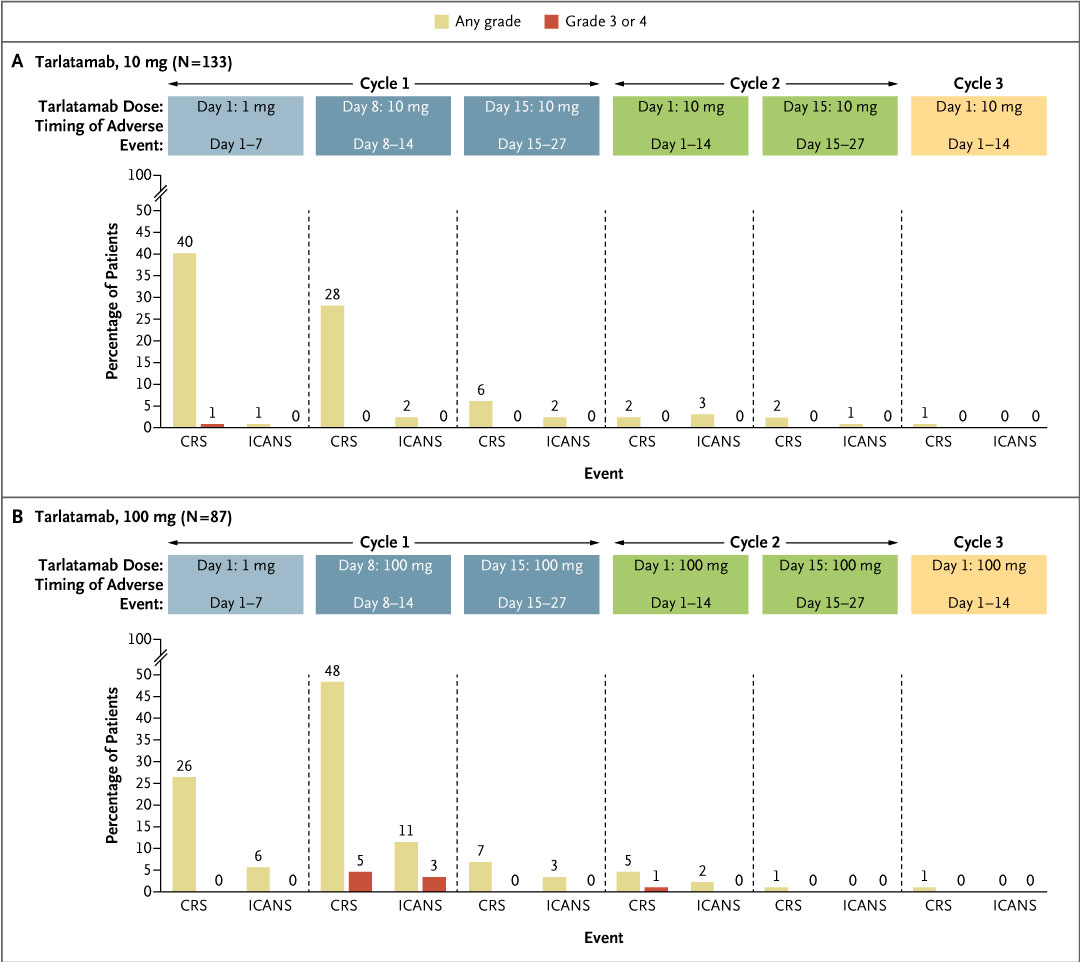
J. Tushir-Singh
@tushirsingh_lab
Associate Professor @ucdavis,
Protein Engineering & Cancer Immunotherapy
“The harder you work, the better you will do”: Vince Lombardi
Scientist and Farmer
ID: 837494714274304000
https://thesinghlab.org/ 03-03-2017 02:47:54
374 Tweet
183 Followers
104 Following

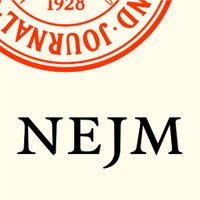
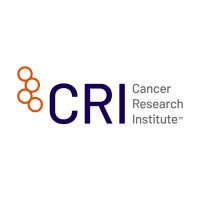
In a new study, UC Davis Health researchers identified a crucial epitope on the CD95 receptor that can cause cells to die. This new ability to trigger programmed cell death could open the door for improved cancer treatments. More: bit.ly/3FsyoxE #CART #CancerResearch


Researchers at UC Davis Health discovered a ‘kill switch’ that triggers death of cancer cells nypost.com/2023/11/12/new… via New York Post

A team lead by Dr. Jogender Tushir-Singh (J. Tushir-Singh, Ph.D.) had their cancer research featured in the New York Post today. Read here: nypost.com/2023/11/12/new…

Read our latest paper rdcu.be/dq5Bj on how the degree of Kv2.1 clustering drives sex-specific differences in Cav1.2 channel clustering and function. Published with Springer Nature in Communications Biology! A collab with @JimTrimmer01 and @clancyatheart labs from UC Davis Physiology!
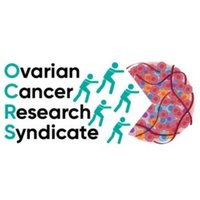
Thank you J. Tushir-Singh, Ph.D. from UC Davis Health for kicking off the spring Syndicate with an incredible talk on how glycosylation impacts our ability to target death receptors in solid tumors. Amazing resources. BasserBRCA OCMF SGO Penn Center for Genome Integrity The Wistar Institute



Congratulations Phillip Zamore of UMass Chan Medical School, newly inducted #NASmember! #NAS161 #genetics #medicine
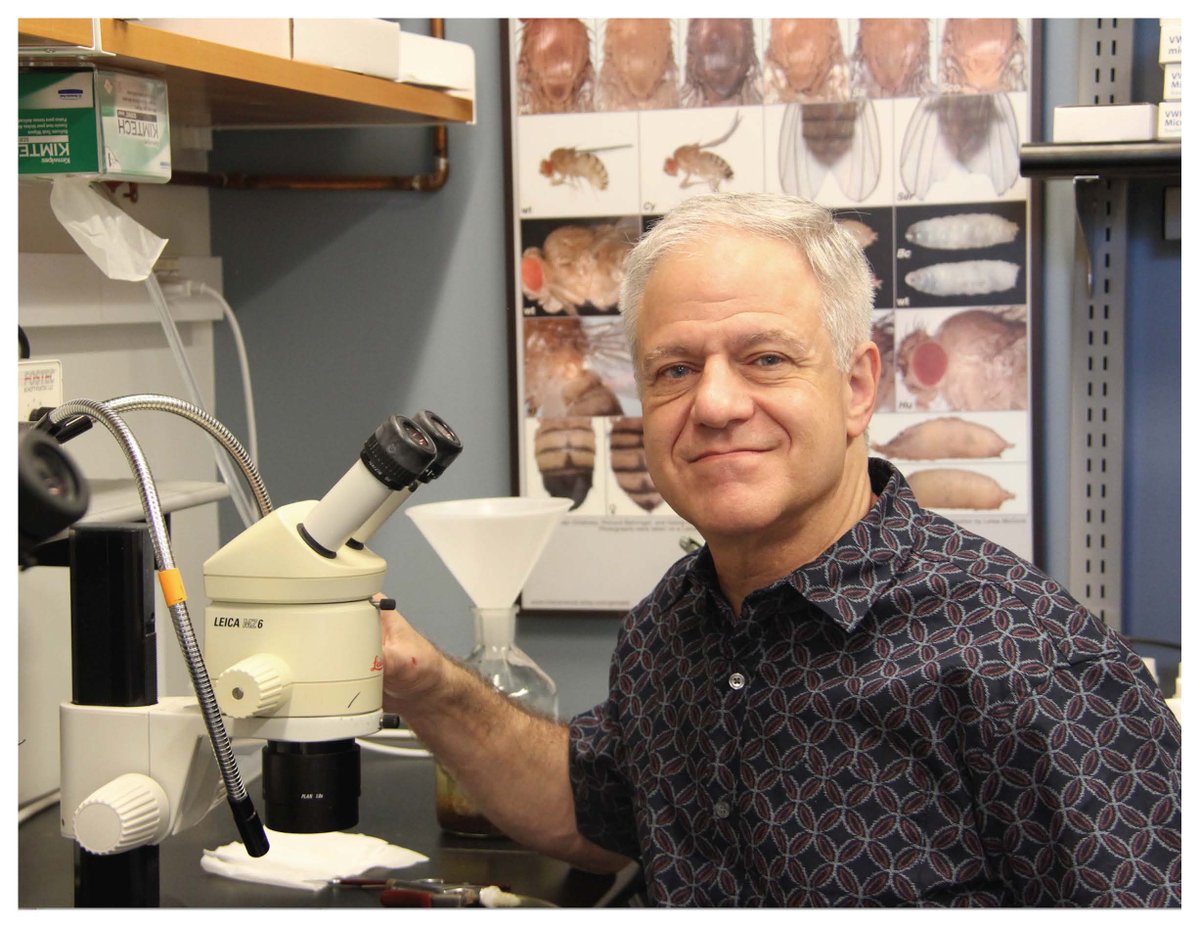

Professor Brian Kobilka delivering the keynote presentation during the 2024 Ed Krebs Symposium UCDavisMedSchool UC Davis Biochemistry & Molecular Medicine
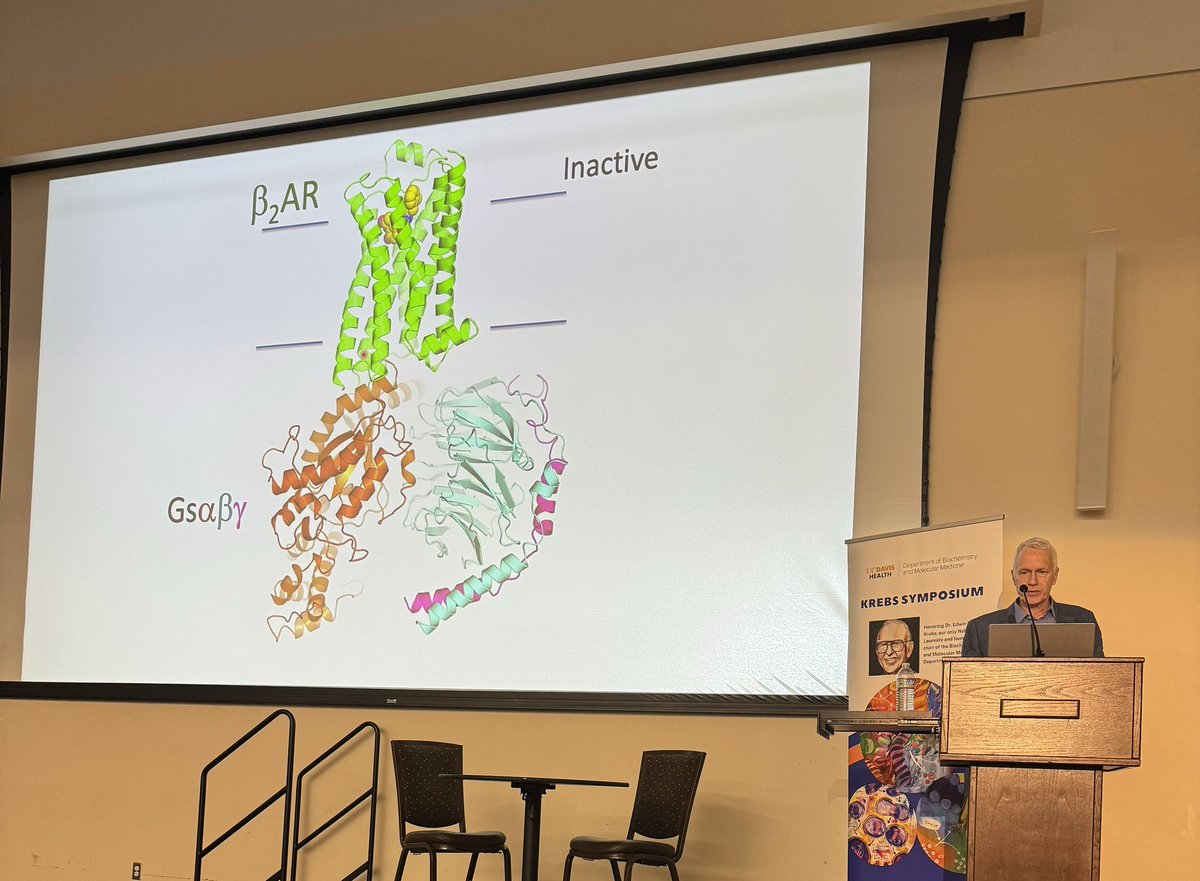

Our Lab Group! Pic after UC Davis Health Medical Microbiology & Immunology Friday afternoon Research Forum, Great little presentation by Elvis for your lab.
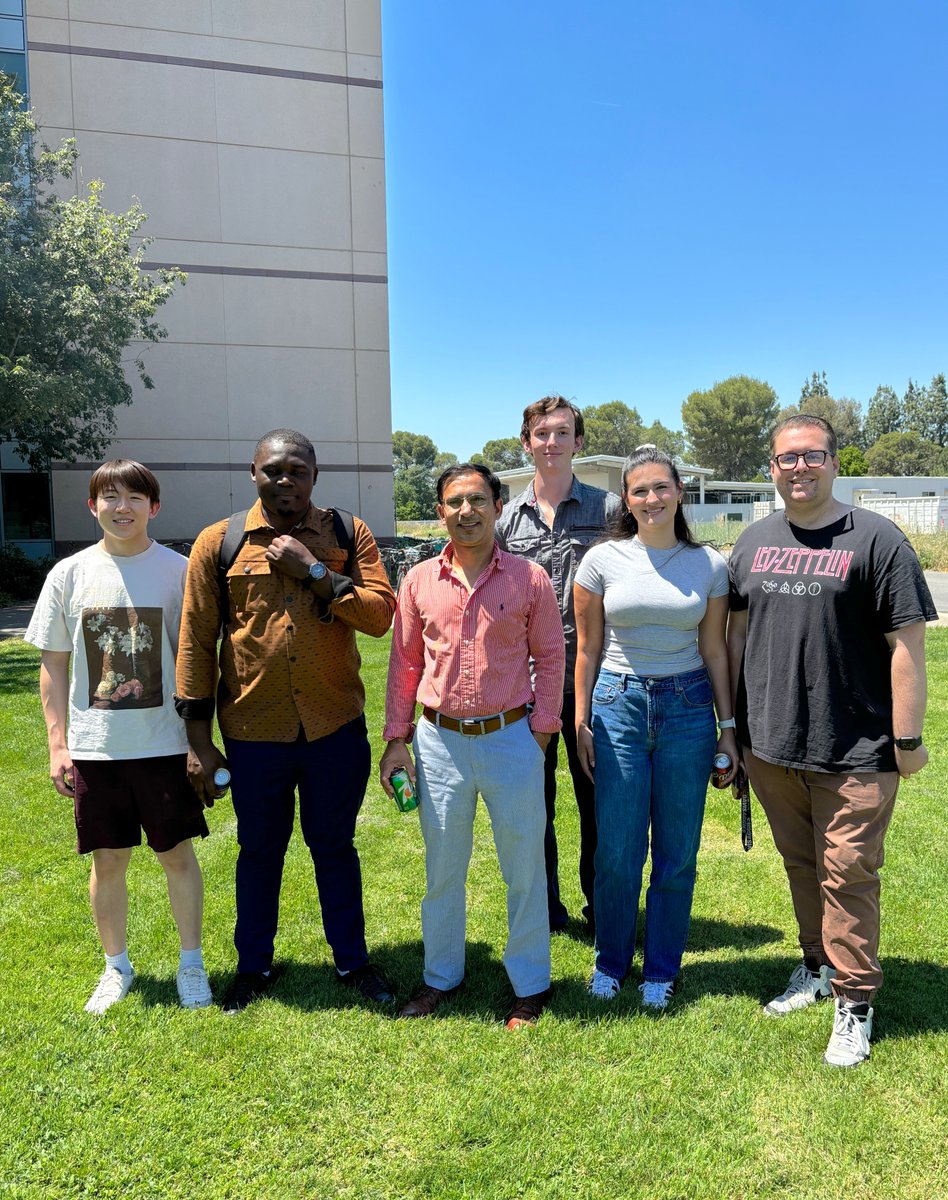


Check out our new collaboration with Rose Dixon from UC Davis Physiology in pnas (pnas.org/doi/10.1073/pn…). We observed two modalities of beat-to-beat ATP fluctuations in ventricular myocytes based on SR-mitochondrial coupling strength. (1/2)

*NEW Paper ALERT* Our new work in Nature Communications on FasL-mediated cancer cell death regulation has revealed that evolutionary substitutions (humans vs. primates) in the FasL extracellular domain render human FasL differentially susceptible to plasmin protease cleavage, a key

Humans are more cancer-prone than primates despite over 98% genomic similarity. A FasL mutation unique to humans allows plasmin in solid tumors to weaken immune attack Nature Communications * . Could blocking it boost immunotherapy?
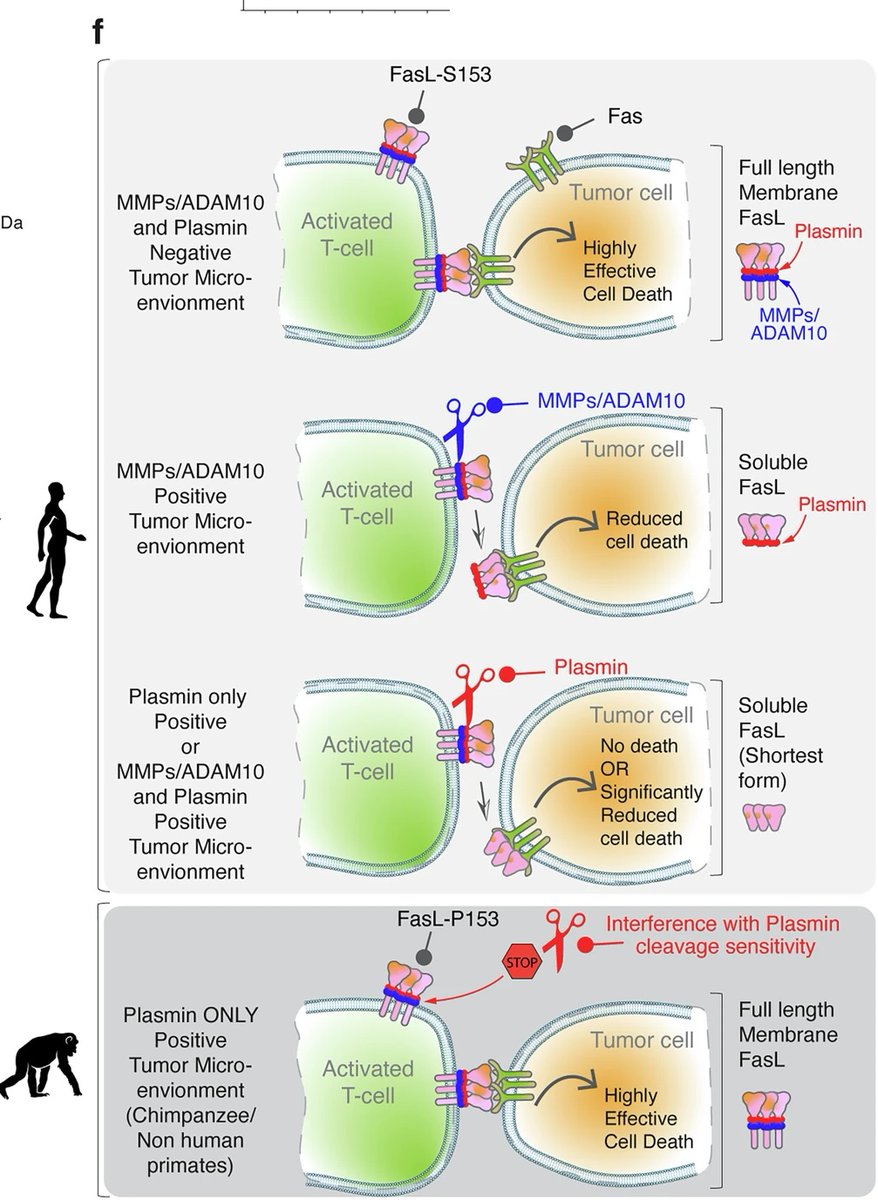

A single genetic mutation may have made humans more vulnerable to cancer than chimpanzees UC Davis Health health.ucdavis.edu/news/headlines…


A gene therapy targeting X chromosome silencing has shown potential to reactivate healthy MECP2 genes in #RettSyndrome models, improving symptoms and offering hope for X-linked disorders. Nature Communications doi.org/g9tww8 medicalxpress.com/news/2025-07-c…
